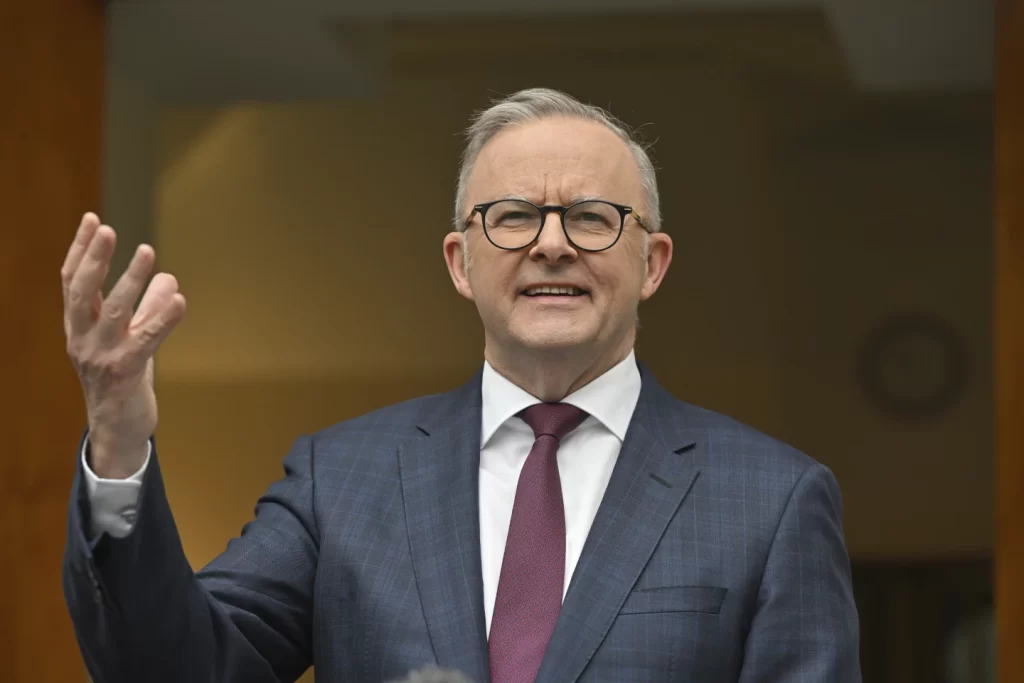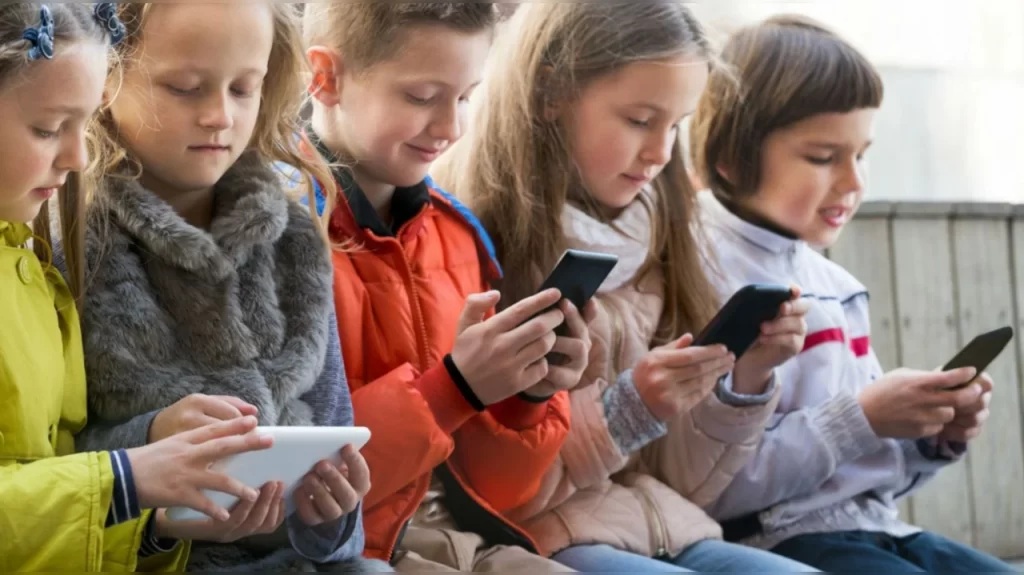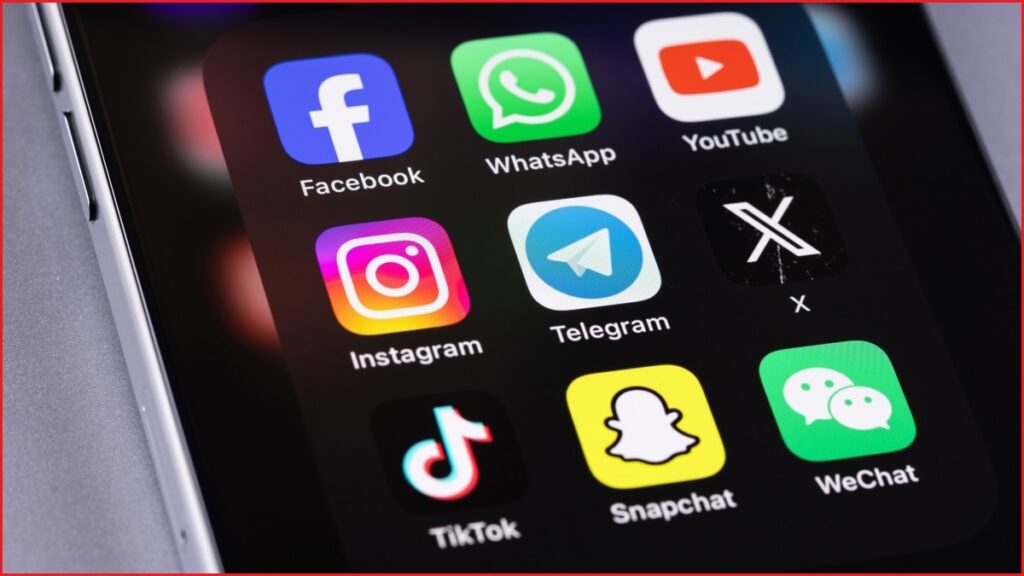The Australian government unveiled sweeping legislation Thursday that would prohibit children under 16 from accessing social media platforms, marking what officials call a world-first approach to protecting young people online.

Prime Minister Anthony Albanese said the proposed law, set for introduction to Parliament on November 18, would require social media companies like Meta, TikTok, and X to actively prevent users under 16 from accessing their platforms. Companies would have 12 months after the law’s passage to implement age verification systems.
“Social media is doing harm to our kids and I’m calling time on it,” Albanese told reporters, citing widespread concerns from parents and guardians about online safety. The legislation would penalize platforms for violations while exempting children and parents from punishment.
Meta’s head of safety, Antigone Davis, responded that while the company would respect new age restrictions, the proposal lacks crucial implementation details. “What’s missing is a deeper discussion on how we implement protections, otherwise we risk making ourselves feel better, like we have taken action, but teens and parents will not find themselves in a better place,” Davis said.

The Digital Industry Group Inc., representing Australia’s digital sector, criticized the age limit as outdated, calling it a “20th Century response to 21st Century challenges.” The group’s managing director, Sunita Bose, advocated for creating age-appropriate spaces and building digital literacy rather than implementing outright bans.
The proposal has drawn significant opposition from experts. More than 140 Australian and international academics specializing in technology and child welfare signed an open letter to Albanese last month, arguing that an age limit was “too blunt an instrument to address risks effectively.”
Mental health professionals have also raised concerns. Jackie Hallan, a director at youth mental health service ReachOut, noted that 73% of young Australians access mental health support through social media. She warned that a ban could drive online behavior underground, making it harder for struggling youth to seek help.
Child psychologist Philip Tam suggested that a lower age limit of 12 or 13 would be more enforceable, while Australian National University lawyer Faith Gordon expressed concerns about potential family tensions arising from the restrictions.

The government plans to use results from its ongoing age-restriction technology trials to guide platforms on compliance measures. Communications Minister Michelle Rowland emphasized that the year-long implementation period would ensure practical execution of the age limit.
“Every company that operates in Australia, whether domiciled here or otherwise, is expected and must comply with Australian law or face the consequences,” Rowland said.
The opposition has offered preliminary support for the 16-year age limit. Opposition lawmaker Paul Fletcher dismissed platform concerns about technical feasibility, stating that companies already possess the necessary technology for age verification.
“The platforms say: ‘It’s all too hard, we can’t do it, Australia will become a backwater, it won’t possibly work.’ But if you have well-drafted legislation and you stick to your guns, you can get the outcomes,” Fletcher said.
While the legislation would allow some exemptions for educational services, parental consent would not override the age restriction. X declined to comment on the proposal, while TikTok did not immediately respond to requests for comment.



